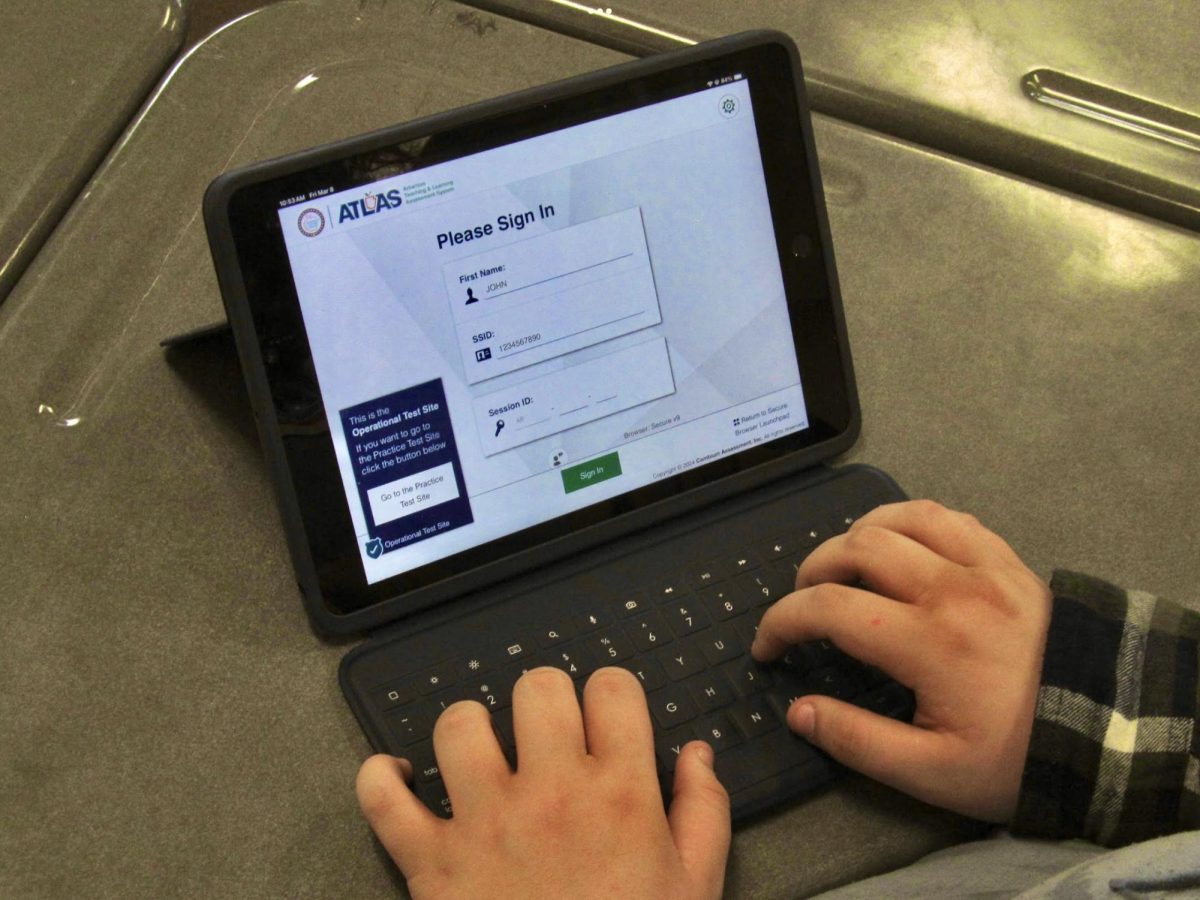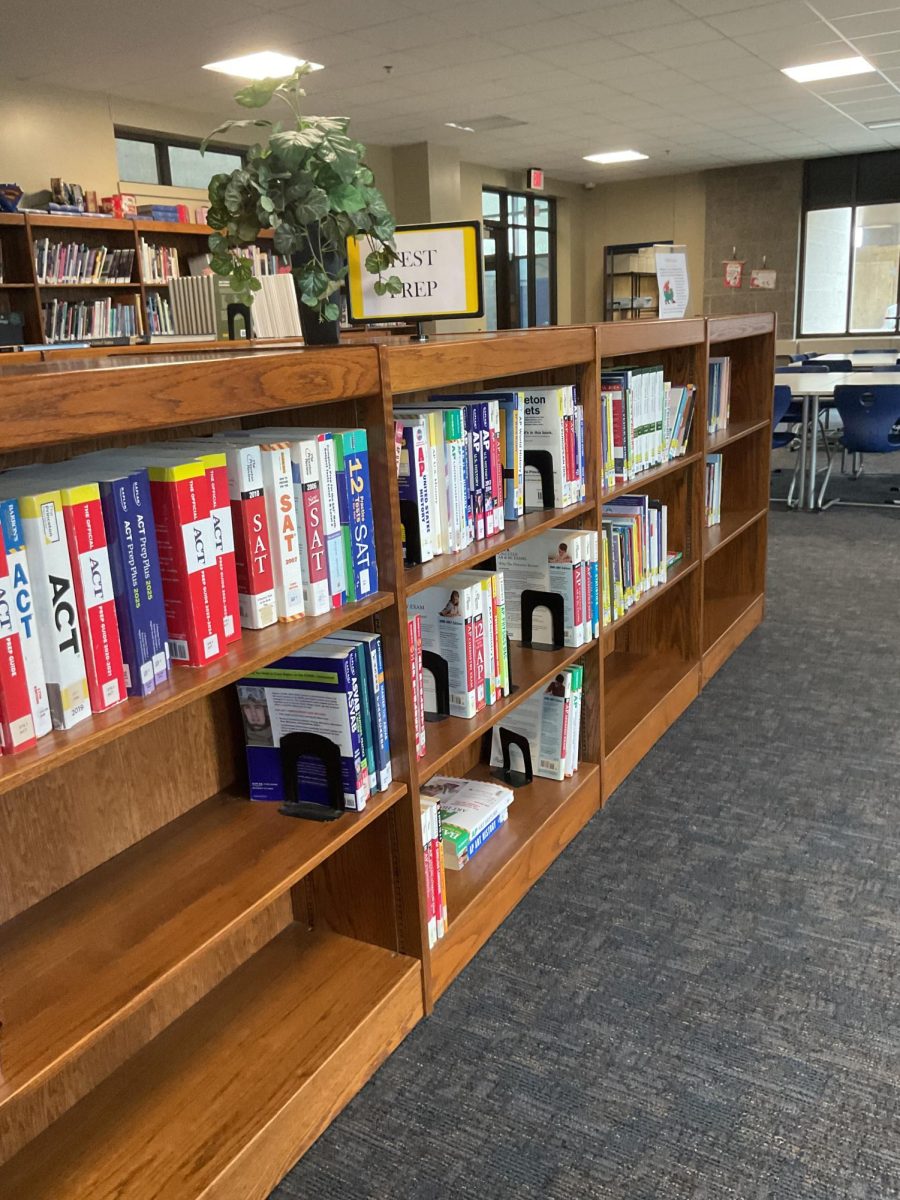Arkansas Teaching & Learning Assessment, ATLAS for short, is a statewide program for summative assessments. Using ATLAS is part of a new educational push for Arkansas. Assessments are required for all public schools grades 3rd through 10th. Arkansas was the only state in the nation using the ACT Aspire until the change.
The ACT Aspire was used to determine grade-level proficiency compared to potential scoring on the ACT, used for college and career readiness. By switching to ATLAS, the state is looking to provide a standardized test (a federal requirement) that aligns with state standards and assures students are challenged in a way they weren’t before COVID. As well as testing knowledge on skills and content taught in class.
Tiffany Authement, who students call Mrs. Auto, is a 10th grade Honors English teacher. Auto was one of the few people chosen in the state of Arkansas to attend a Range Finding training session.
“As the expert in the field, Cambium Assessment [the company that collaborated with Arkansas for the ATLAS test], asked that teachers such as myself review their grades to ensure that they are ‘on the same page’ as us when it comes to grading with their rubrics,” Auto said.
On March 5, 10th grade students took the writing test. Auto had prepared her students to expect not just one type of prompt, but three: argumentative, explanatory or narrative.
“Training for ATLAS was much more involved in that it covers three different types of essay writing versus the one for ACT Aspire,” Auto said. “ATLAS now requires proof of depth of knowledge and complexity in writing.”
Crystal Hall, the district’s Secondary Schools Literacy Specialist, saw ATLAS as beneficial for Bryant.
“With ACT Aspire, many teachers felt disconnected from the results since it did not test what was being taught in class [curriculum and instruction are based on state standards],” Hall said. “If teachers can get back data that shows how students are performing on the standards and skills they are teaching in class, then that information can be used to improve instruction.”
Sophomore Sadie Ledbetter was one of the many students who had to take the ATLAS writing test and will take the other tests in April for the first and last time.
“This year, my peers and I had the opportunity to really explore our capabilities when it comes to a diversity of writing topics and perception, and I can truly say that the ATLAS test has left me feeling more accomplished than the ACT Aspire ever had.” Ledbetter said.
One of the biggest changes noticeable to students is that ATLAS does not have a time limit. Once students received the test, they were told they had the entire day to finish.
“I was very appreciative of the fact that the ATLAS writing test was not timed in the way the ACT Aspire was, so I certainly had enough time to carefully compose and process my work,” Ledbetter said.
10th grade students will take the second part of the English assessment (Reading) in April. Students who are in Geometry and Biology will also be testing.








k | Apr 30, 2024 at 7:21 pm
i really like the writing on this!!! well done